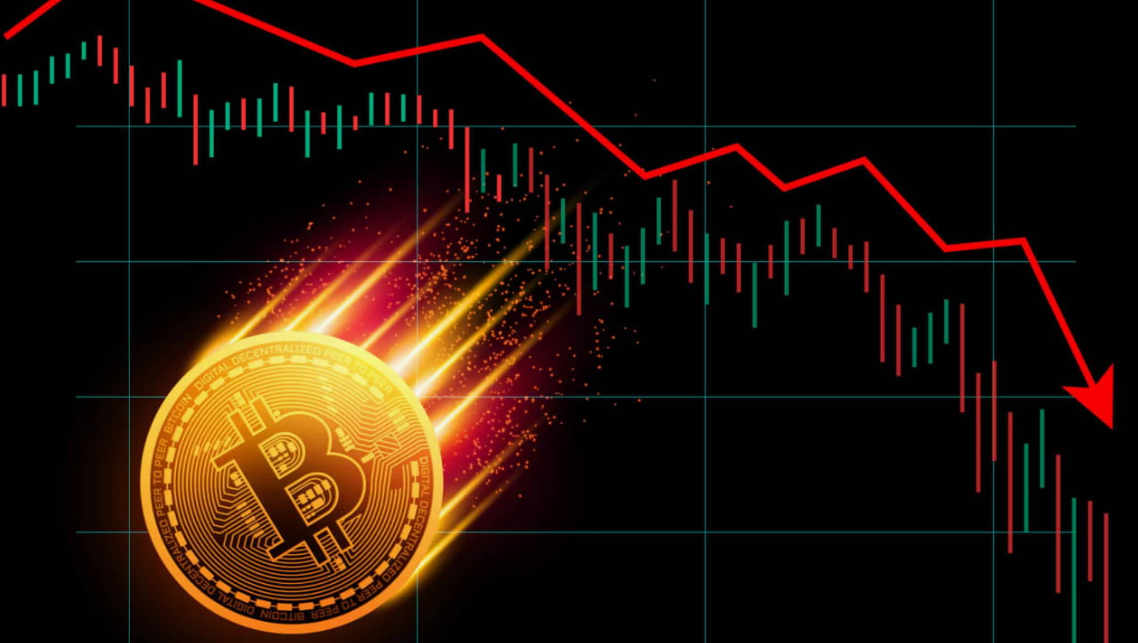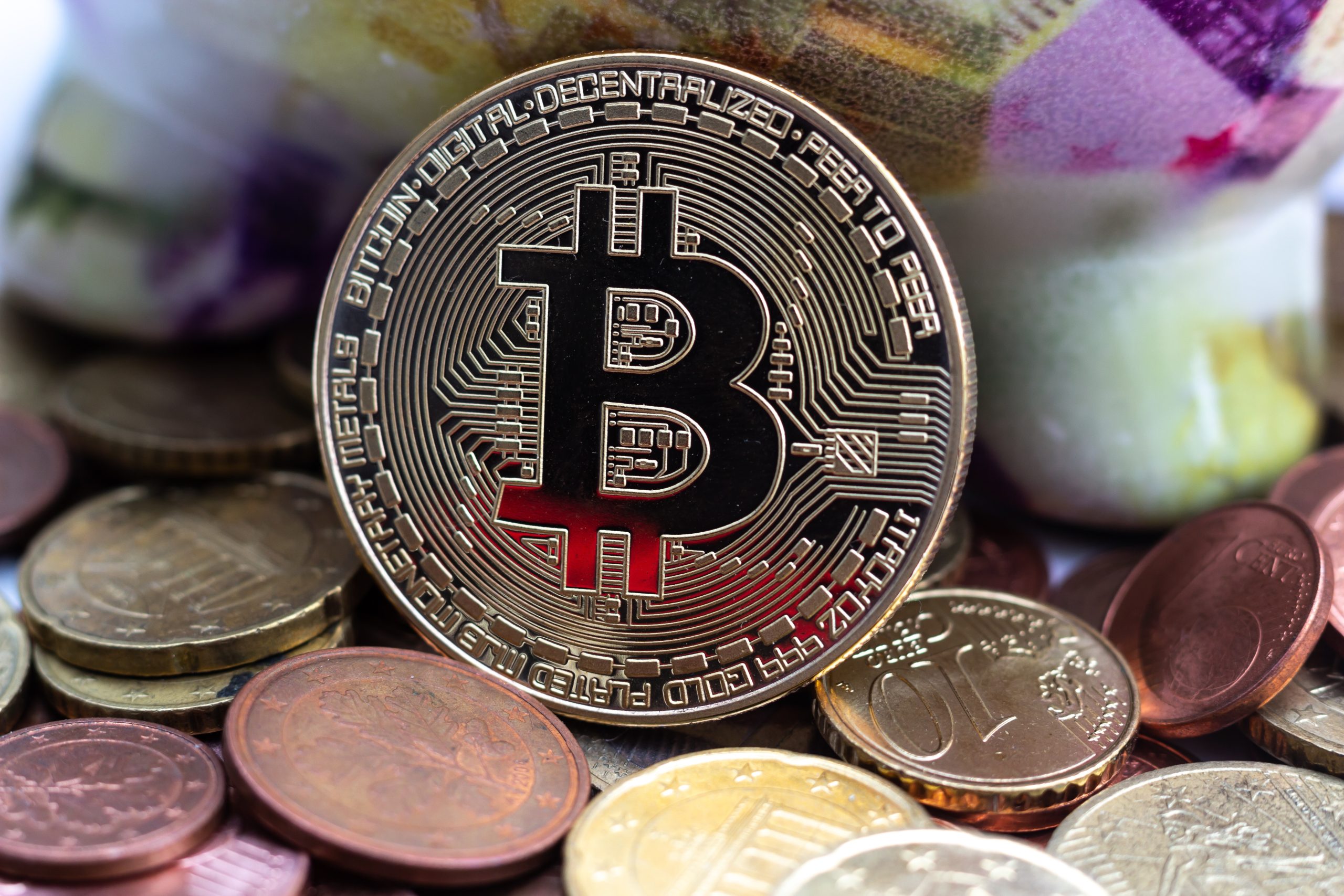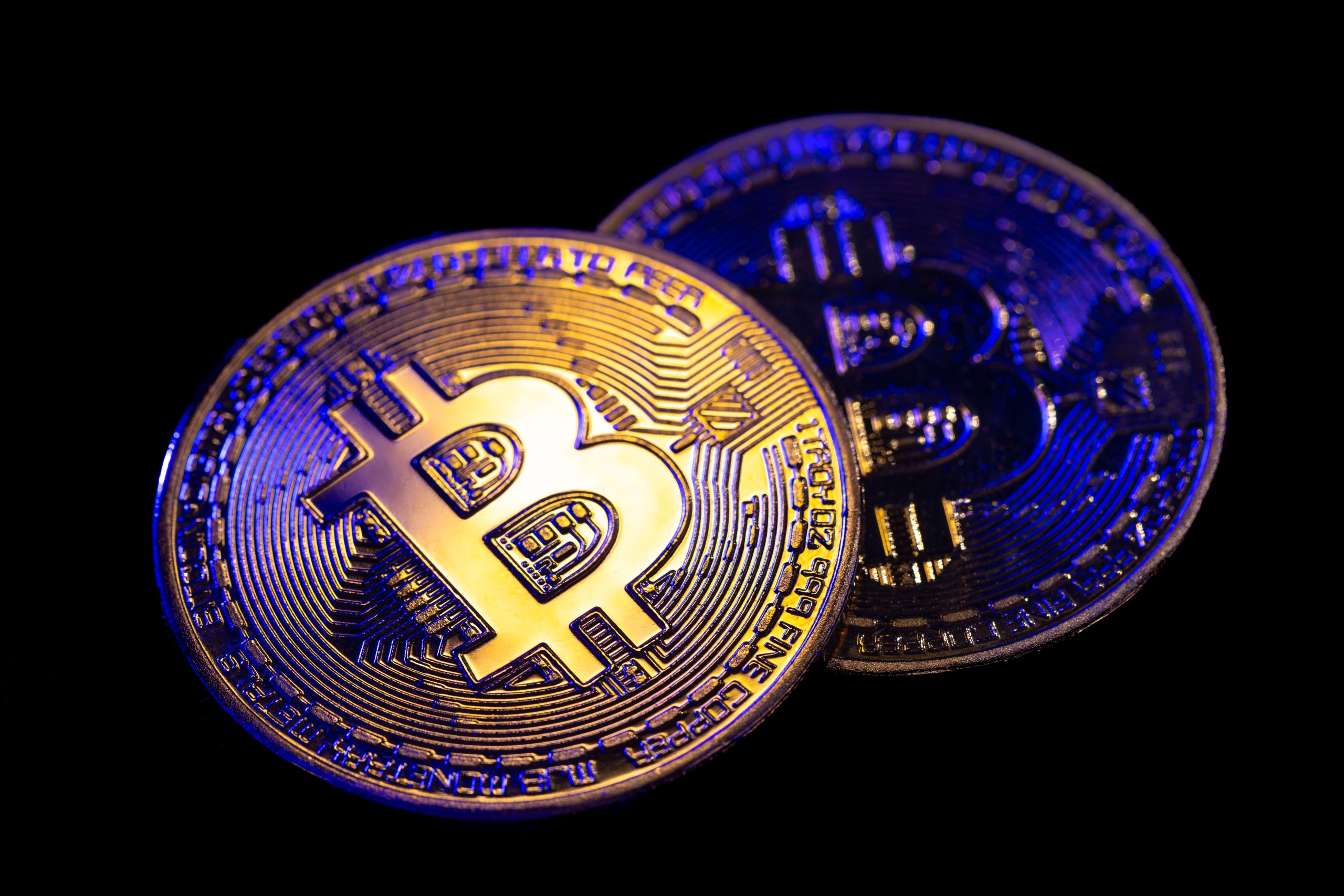The International Monetary Fund (IMF) and the World Bank play a huge role in shaping global economic policies. Their latest reports have sparked discussions among traders, analysts, and researchers. Whether you’re deep into financial markets or just curious about where the global economy is headed, this article will break down the key points in simple terms.
Why IMF and World Bank Reports Matter
First things first: why should we care about these reports?
- Global Insights: They provide a snapshot of the world economy, including growth forecasts and risks.
- Policy Recommendations: These reports guide governments on fiscal policies, trade, and economic reforms.
- Market Impact: Financial markets, from stocks to forex, often react to these findings.
As a trader or researcher, understanding these reports can help you anticipate market trends.
Key Takeaways from the Latest IMF Report
The IMF focuses on macroeconomic stability, global growth, and economic risks. Here’s what stood out in their latest report:
1. Global Growth is Slowing
- The IMF cut its global growth forecast for the year, citing challenges like inflation, rising interest rates, and geopolitical tensions.
- Advanced economies, especially in Europe and North America, are expected to see slower growth.
Personal Insight: Slowing growth might not sound great, but it often creates trading opportunities in safe-haven assets like gold or the U.S. dollar.
2. Inflation Remains a Top Concern
- Inflation is cooling in some regions, but it’s still above target levels for many central banks.
- The IMF emphasized the need for tighter monetary policies to control inflation.
Pro Tip: Keep an eye on interest rate decisions by central banks. Tools like Fxpricing’s economic calendar can help you track these events.
3. Emerging Markets Show Promise
- Despite global challenges, emerging economies like India and Vietnam are showing resilience.
- Stronger growth in these regions is partly due to investments in technology and manufacturing.
Hypothetical Example: If you’re trading forex, currencies like the Indian rupee or Vietnamese dong could become more attractive in the future.
Key Takeaways from the Latest World Bank Report
The World Bank focuses on long-term development and poverty reduction. Here’s what they highlighted in their latest findings:
1. Debt is a Growing Problem
- Many low-income countries are struggling with rising debt levels.
- The World Bank called for coordinated efforts to restructure debt and provide financial support.
Personal Note: High debt levels could impact the stability of emerging market currencies, making them riskier but potentially more rewarding for traders.
2. Climate Change is Reshaping Economies
- The report emphasized the economic costs of climate change, especially in vulnerable regions.
- Investments in green energy and infrastructure are seen as critical for long-term growth.
3. Digital Transformation is Key
- The World Bank stressed the importance of digitalization in driving economic recovery.
- Countries investing in digital infrastructure are better positioned for future growth.
Fun Fact: Fxpricing’s customizable dashboards can be a great tool for tracking digital economy trends in real-time.
What These Reports Mean for Traders and Analysts
So, how do these insights translate into actionable strategies for financial professionals?
- Forex Markets:
- Slower growth in advanced economies could weaken currencies like the euro or pound.
- Emerging markets with strong growth might see currency appreciation.
- Commodities:
- Inflation concerns and slower growth often push investors toward safe-haven commodities like gold.
- Climate-related challenges could affect agricultural commodities like wheat or coffee.
- Equity Markets:
- Rising interest rates might pressure tech stocks, but sectors like energy or manufacturing could thrive.
How Fxpricing Can Help You Stay Ahead
If you’re a trader, broker, or researcher, staying informed is crucial. That’s where Fxpricing comes in. Here’s how it can help:
- Real-Time Data: Stay updated on forex, commodities, and stock markets.
- Historical Trends: Analyze past data to predict future movements.
- Economic Calendar: Never miss key events like central bank meetings or economic reports.
- Market Insights: Get expert analysis to guide your decisions.
- APIs for Developers: Easily integrate market data into your trading platforms or financial applications.
Personal Take: I’ve found Fxpricing’s live charts super helpful for tracking sudden market movements. It’s like having a financial assistant right on your screen.
What’s Next for the Global Economy?
The IMF and World Bank reports paint a challenging picture, but there’s also hope. While advanced economies face slower growth, emerging markets are stepping up. Digital transformation, green energy, and coordinated global efforts could drive long-term recovery.
For traders and analysts, the key is to stay flexible and informed. Use tools like Fxpricing to adapt to market changes and make smarter decisions.
Tips for Using IMF and World Bank Data in Your Analysis
- Focus on Key Indicators: Look at growth forecasts, inflation rates, and debt levels.
- Watch Emerging Markets: These regions often offer higher growth potential.
- Use Reliable Tools: Platforms like Fxpricing provide the data you need to act quickly.
- Stay Updated: These reports are updated regularly, so keep an eye out for new insights.
Final Thoughts
The latest IMF and World Bank reports highlight the complexities of today’s global economy. While there are challenges like inflation and debt, opportunities abound in emerging markets and digital transformation. For financial professionals, staying ahead of these trends is essential.
What do you think? Are advanced economies losing their edge, or will they bounce back? Share your thoughts in the comments below!
FAQs
Q: What is the difference between the IMF and the World Bank?
A: The IMF focuses on global financial stability and short-term economic issues, while the World Bank works on long-term development and poverty reduction.
Q: Why are these reports important for traders?
A: They provide insights into economic trends, which can impact forex, commodities, and equity markets.
Q: How can I use Fxpricing to analyze these trends?
A: Fxpricing offers real-time data, live charts, and an economic calendar to help you track and act on market-moving events.
Q: What are emerging markets?
A: Emerging markets are economies in transition, like India or Vietnam, that show strong growth potential.Q: How does inflation affect financial markets?
A: Inflation can lead to higher interest rates, impacting everything from currency values to stock prices.





